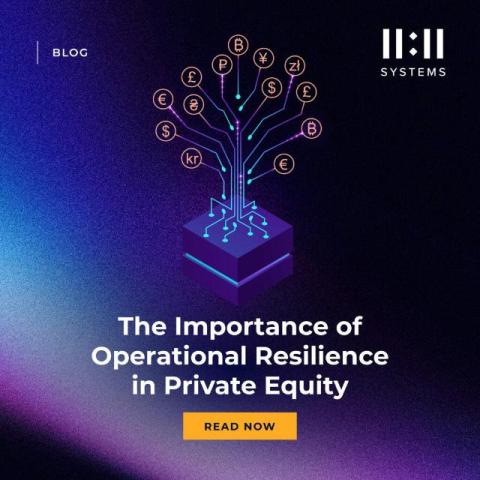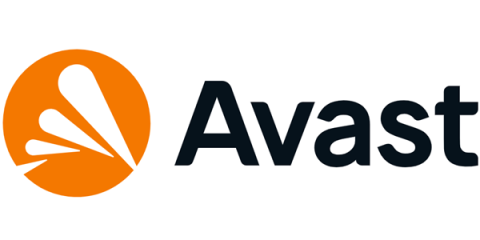Why AI Guardrails Need Session-Level Monitoring: Stopping Threats That Slip Through the Cracks
AI guardrails are vital for ensuring the safe and responsible use of AI/large language models (LLMs). However, focusing solely on single prompt-level checks can leave organizations vulnerable to sophisticated threats. Many company policy violations and security risks can be cleverly split across multiple, seemingly innocent queries. To effectively protect against these threats, a more comprehensive approach is needed — session-level monitoring.











